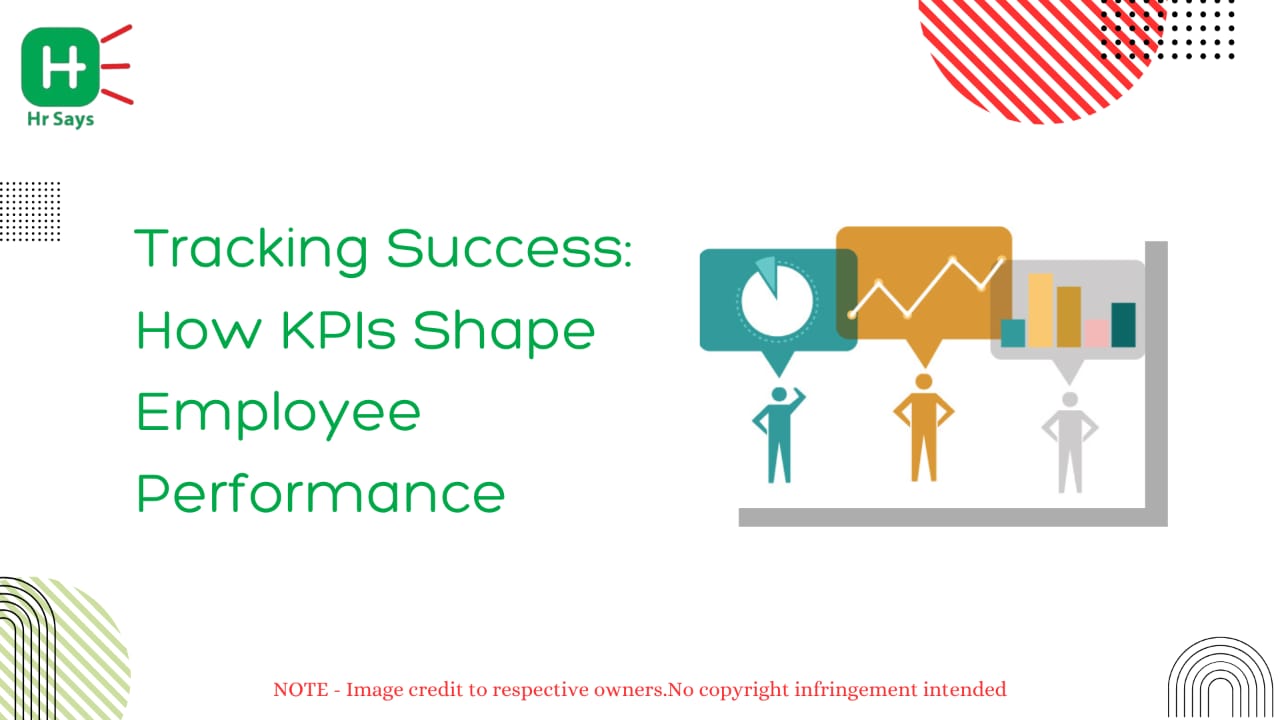Why do certain teams succeed and others fail? Performance measurement and tracking usually hold the answer. Key Performance Indicators (KPIs) provide HR professional with a clear perspective on how advancement is progressing, how gaps need closing, and how strategies may be crafted to achieve expansive growth.
Why KPIs Matter in Today’s Workplaces
KPIs are not practical figures on a dashboard. They offer information related to productivity and efficiency along with employee engagement strategies of the Indian companies. Otherwise, the performance reviews may be subjective. Decisions will be made with them, thus becoming data-based, fair and prospective.
Defining KPIs for Employee Performance
Every workplace is unique, so KPIs must be tailored. HR analytics and data-driven decision-making allow managers to align goals with business needs. When chosen wisely, KPIs measure not just outputs but also behaviors and values that shape workplace culture in Indian companies.
Examples of Effective KPIs
● Employee turnover rate
● Average project completion time
● Customer satisfaction scores
● Training hours per employee
● Attendance and punctuality trends
Each of these gives a small but vital picture of organizational health.
The HR Role in KPI Alignment
HR plays a critical role in linking KPIs to organizational growth. By connecting individual goals with company vision, HR ensures employees see their contributions as meaningful. Hybrid work trends in India have made this alignment even more important. Remote teams demand transparency and clear performance tracking to stay connected.
Technology Driving KPI Tracking
The role of AI in HR management is reshaping how KPIs are tracked. Automated dashboards, predictive analytics, and real-time reporting provide managers with instant insights. HR automation benefits for companies include less manual work, faster reviews, and reduced bias. Technology is not replacing human judgment but enhancing it.
Challenges in Using KPIs
Even the best systems face hurdles. KPIs may feel rigid if not updated with changing business realities. Overemphasis on numbers can ignore soft skills like creativity and collaboration. HR must strike a balance between measurable targets and human potential. Addressing HR compliance challenges in India is also critical to ensure fairness and transparency in KPI-driven evaluations.
Best Practices for KPI Implementation
Adopting employee performance management best practices keeps KPIs effective and relevant:
● Keep KPIs specific and measurable
● Review them regularly to match evolving goals
● Combine quantitative data with qualitative feedback
● Communicate expectations clearly to employees
● Use HR tech trends in India 2025 to stay future-ready
Conclusion
KPIs act as a compass for organizations, guiding employees toward clarity and accountability. They empower HR professionals to track performance objectively while supporting growth. When balanced with empathy and flexibility, KPIs drive both business outcomes and employee satisfaction.

 KPIs provide structure to employee performance tracking by blending data-driven insights with HR strategies. From AI-powered dashboards to evolving workplace culture, KPIs help align goals, measure progress, and ensure accountability in a transparent and engaging way.
KPIs provide structure to employee performance tracking by blending data-driven insights with HR strategies. From AI-powered dashboards to evolving workplace culture, KPIs help align goals, measure progress, and ensure accountability in a transparent and engaging way.








.jpeg)
.jpeg)

.jpeg)





.jpeg)



.jpeg)

.jpeg)



